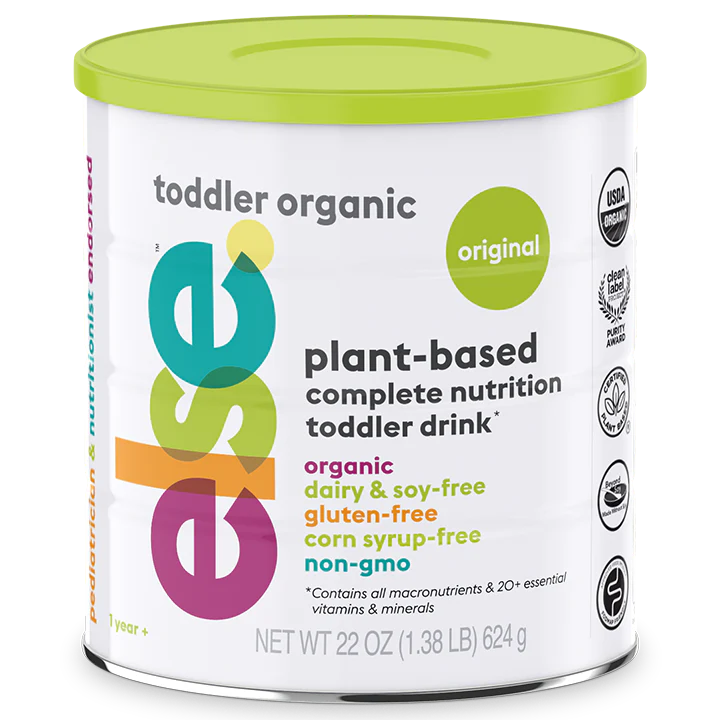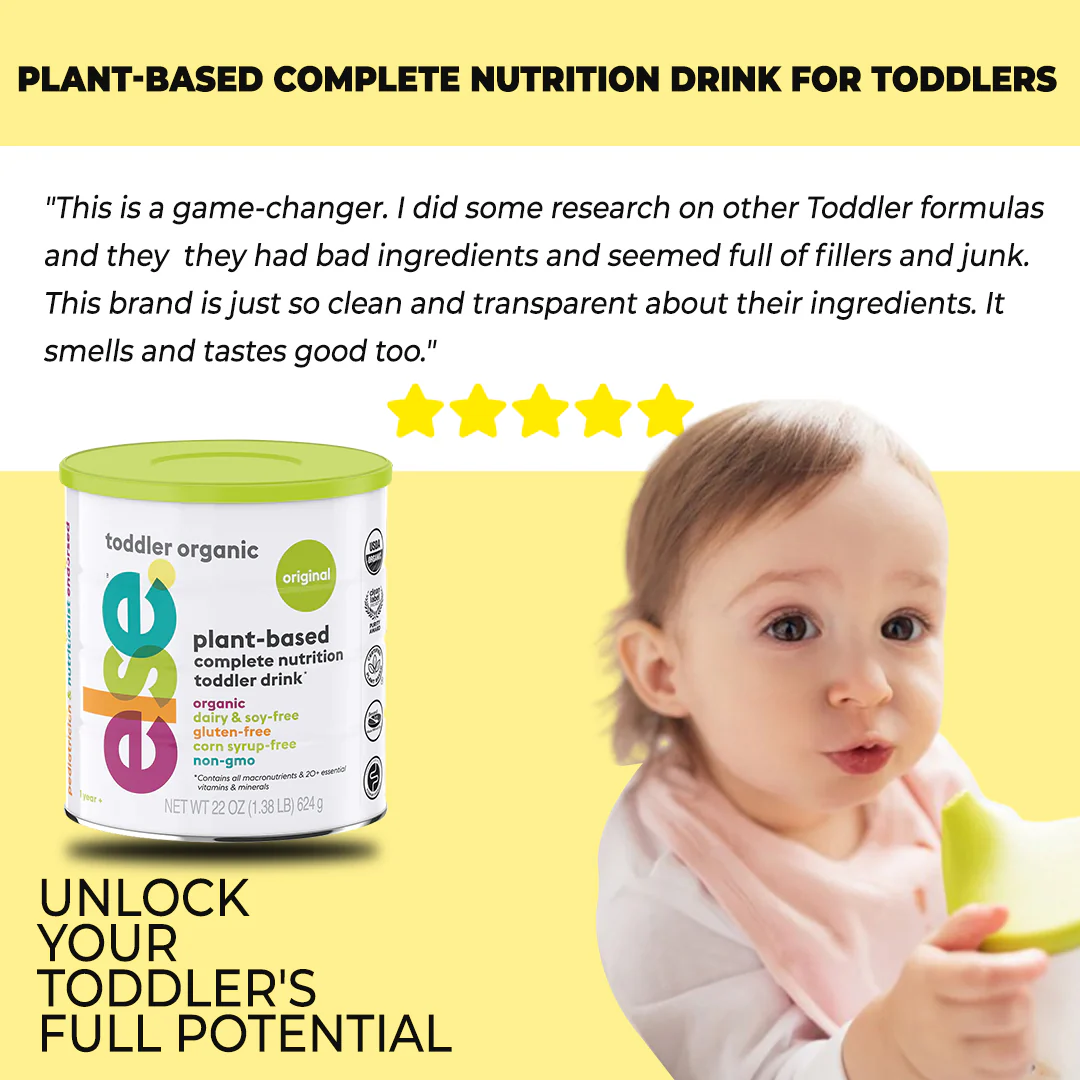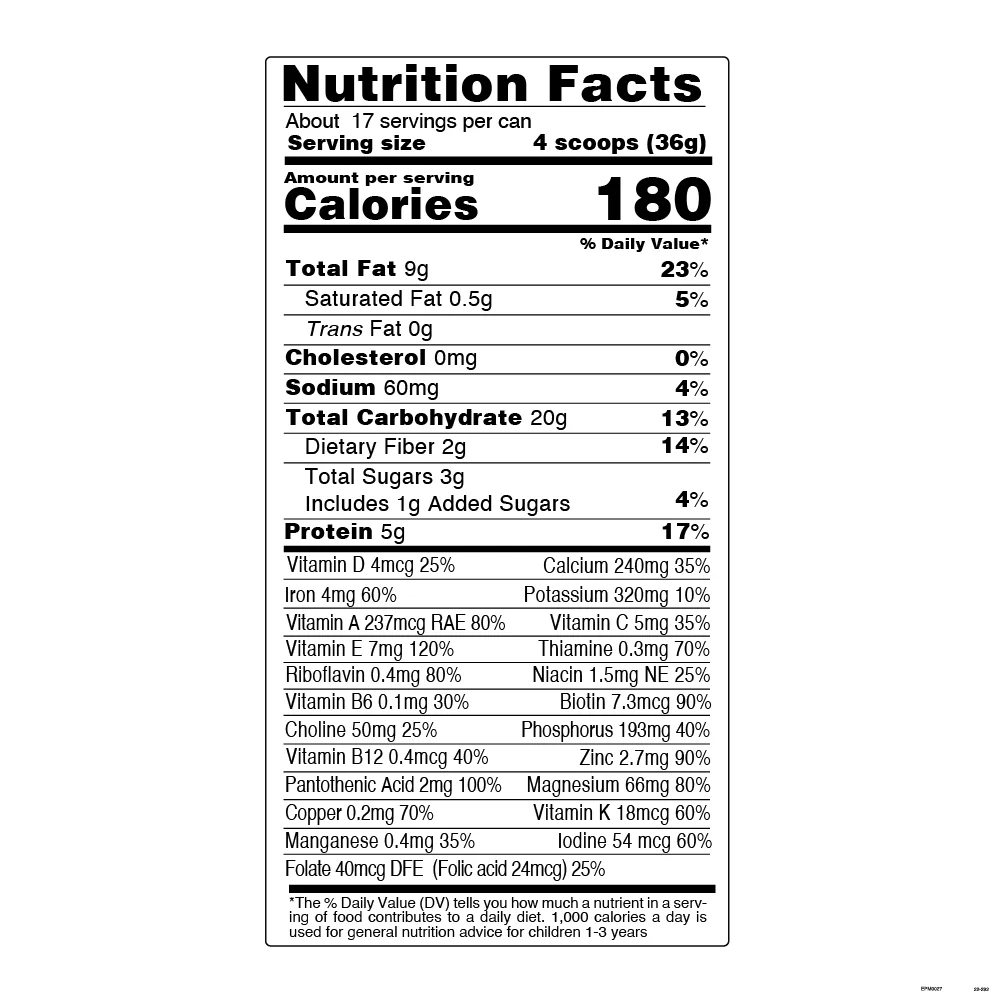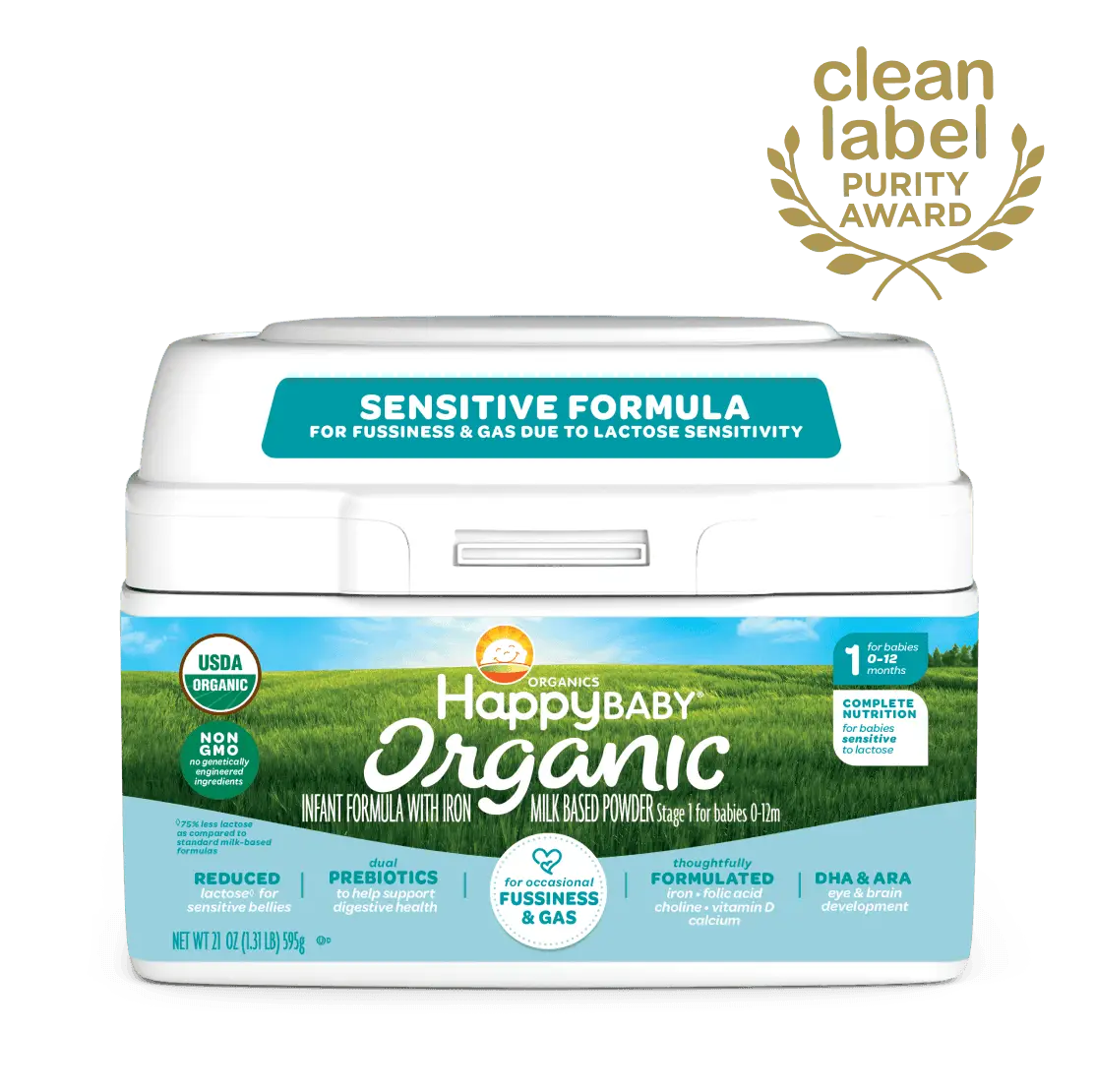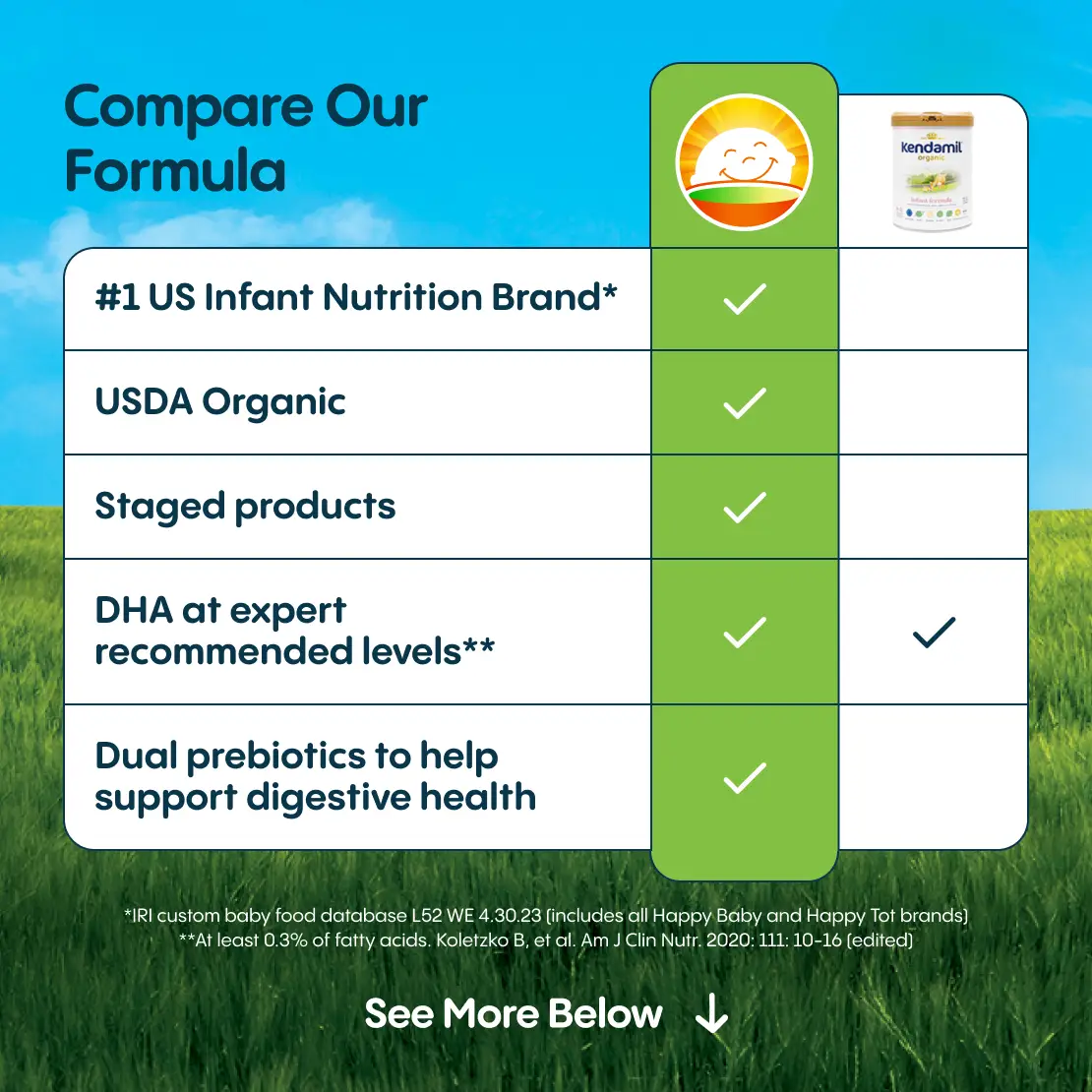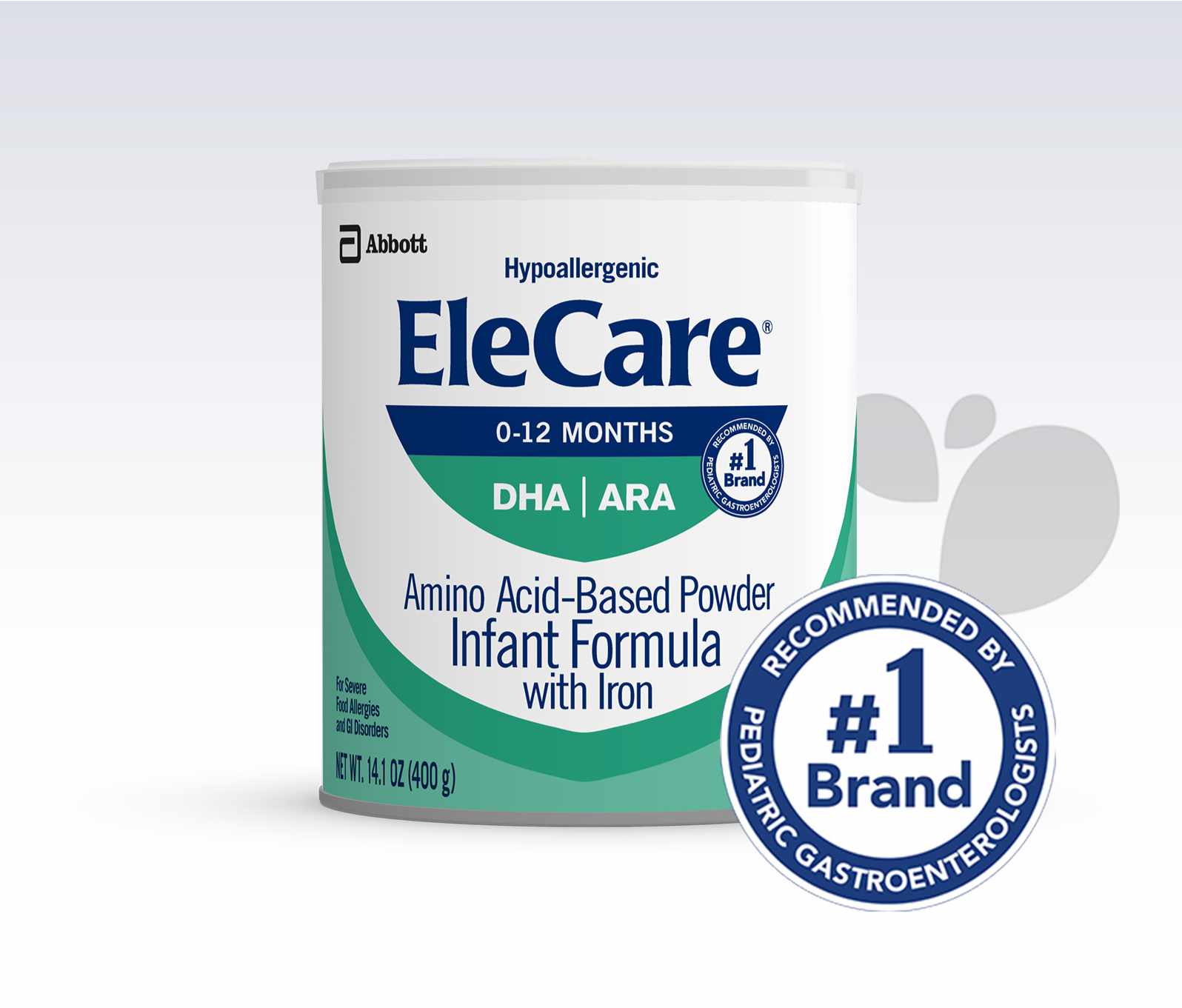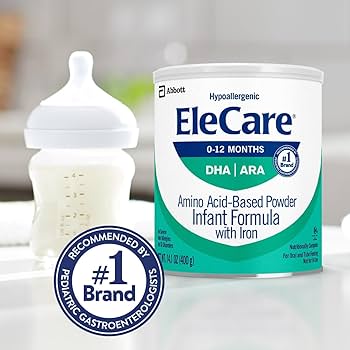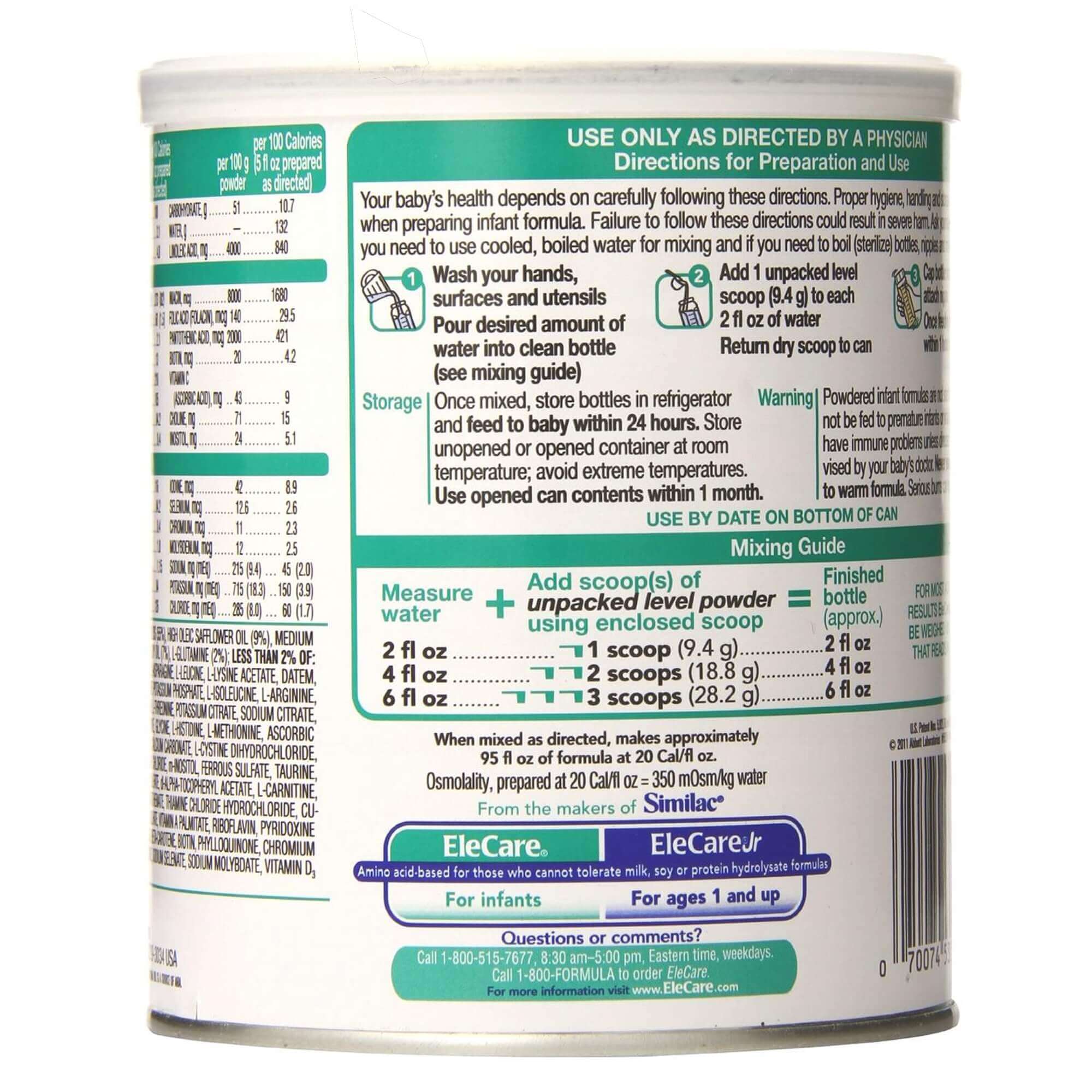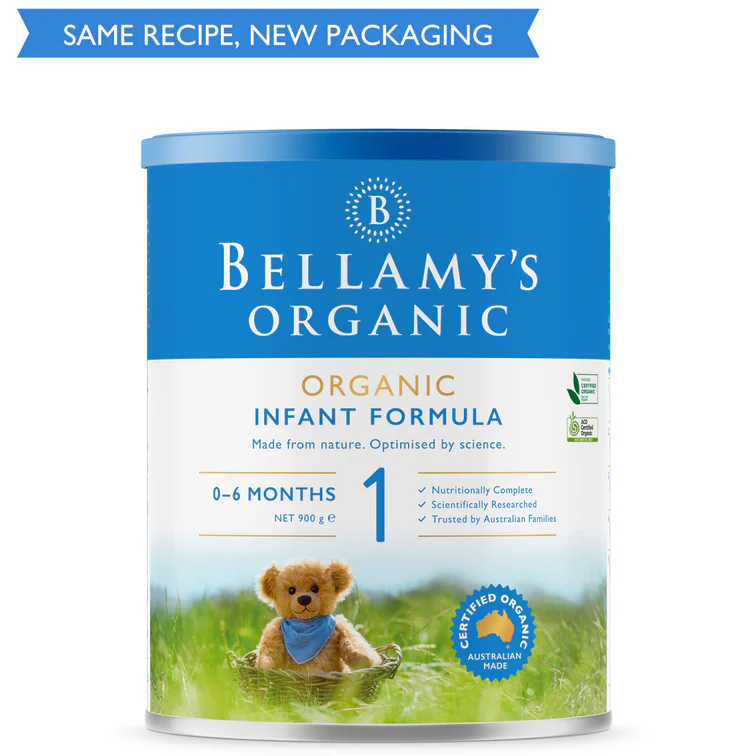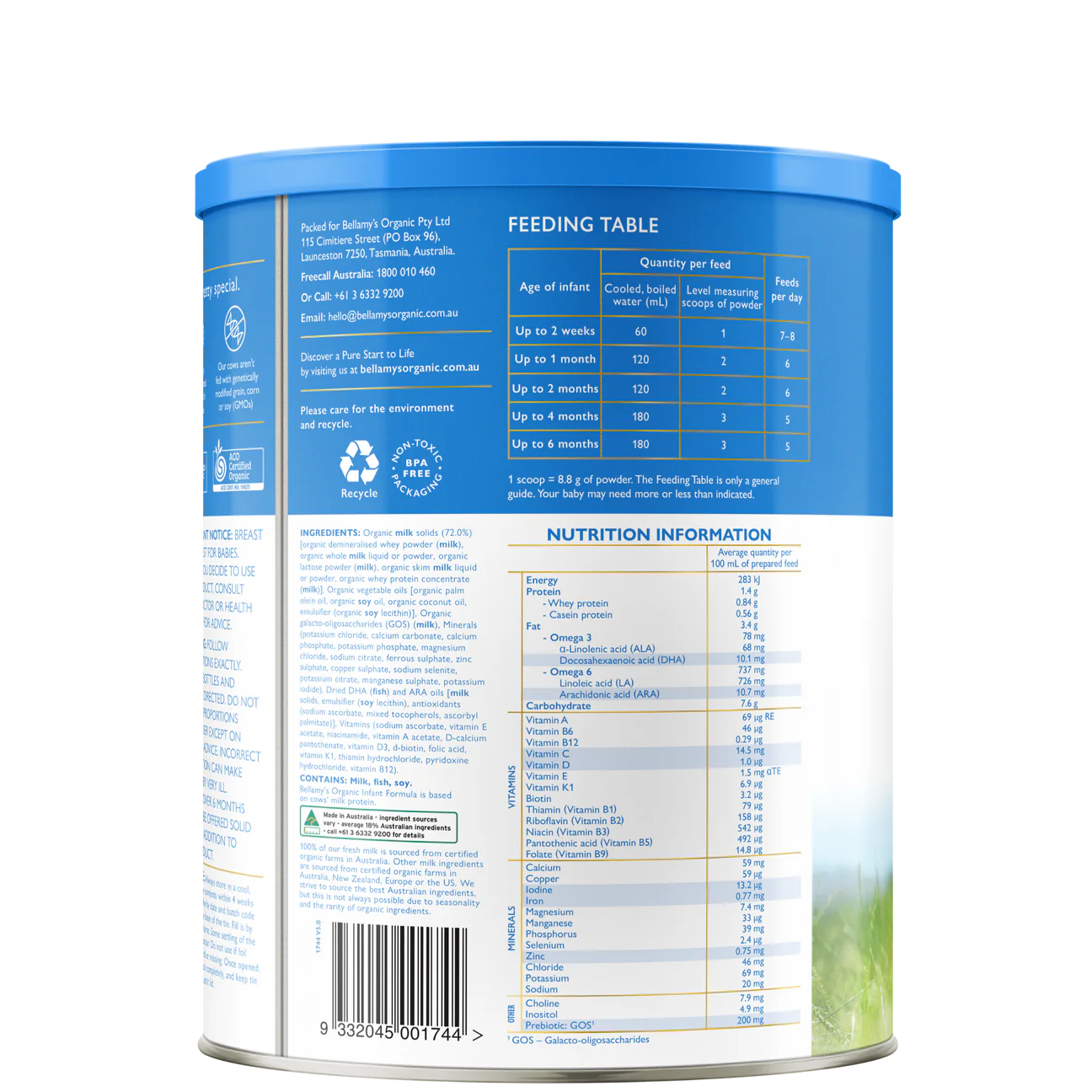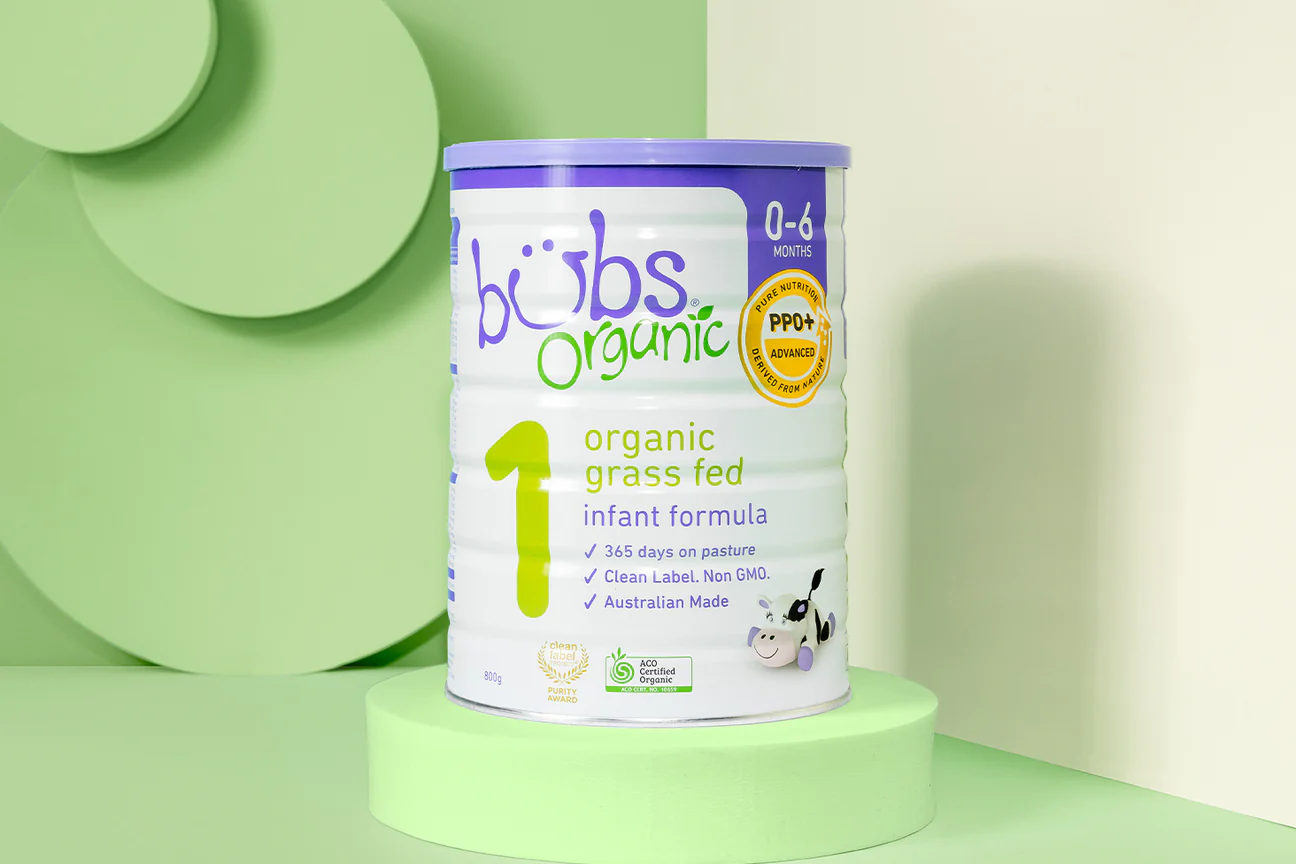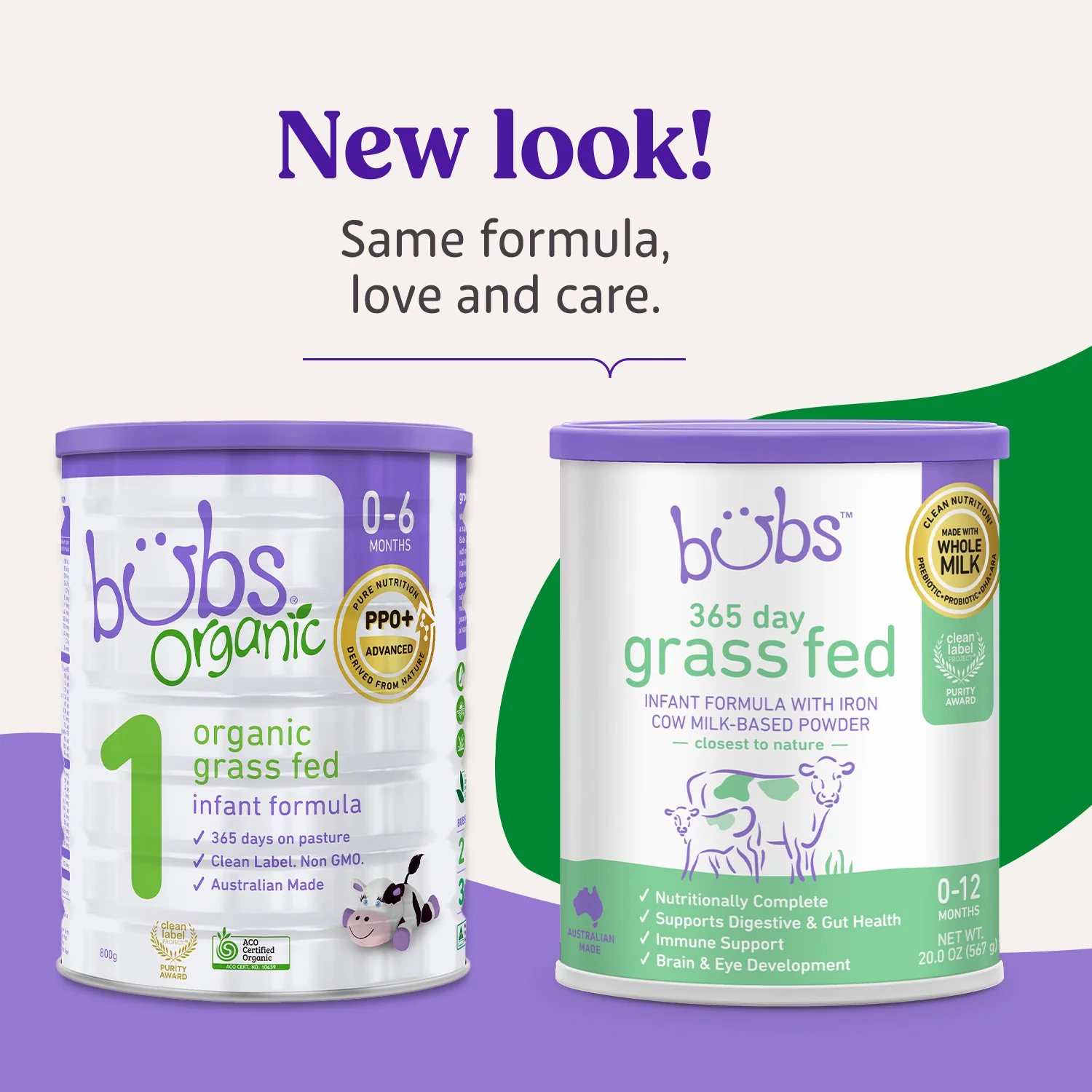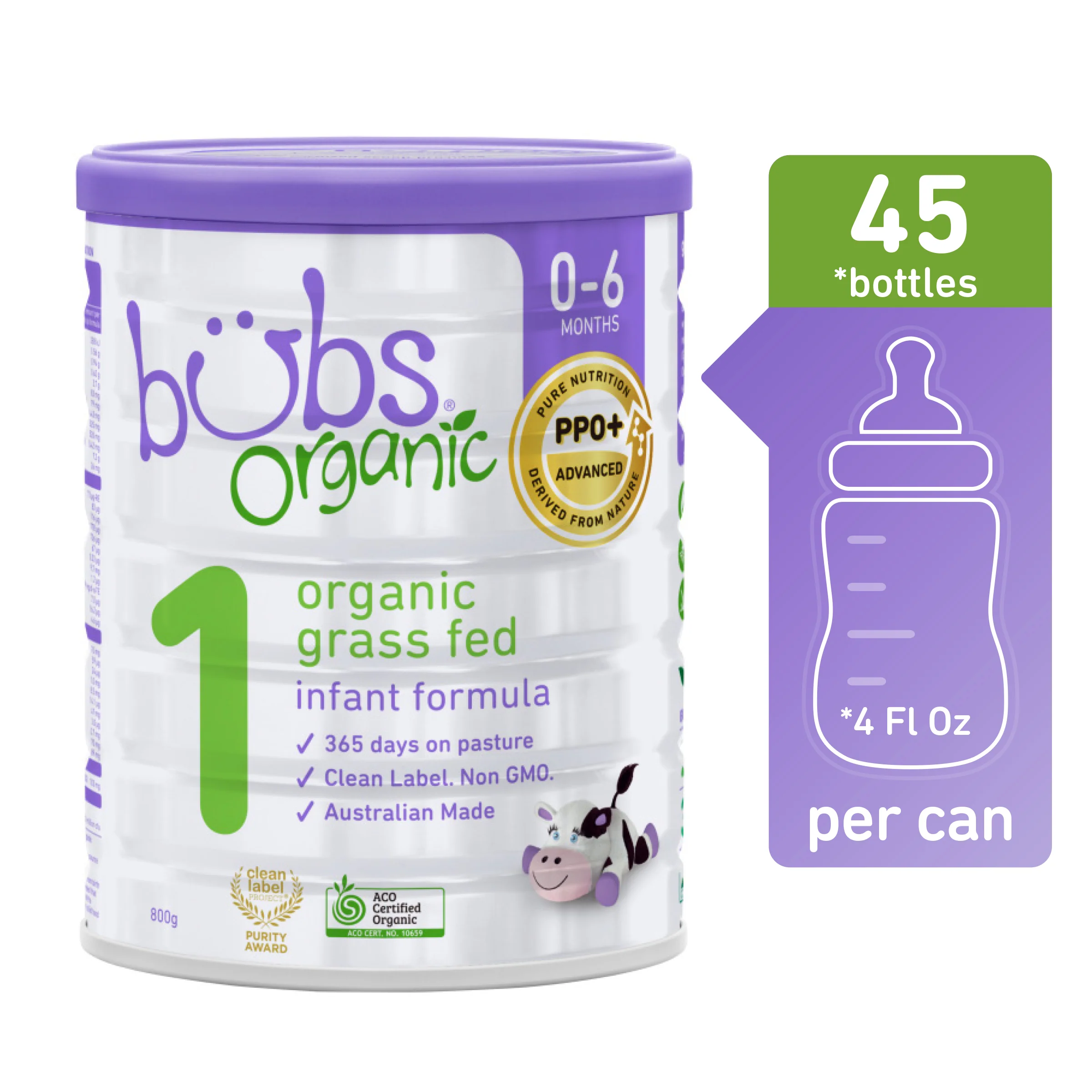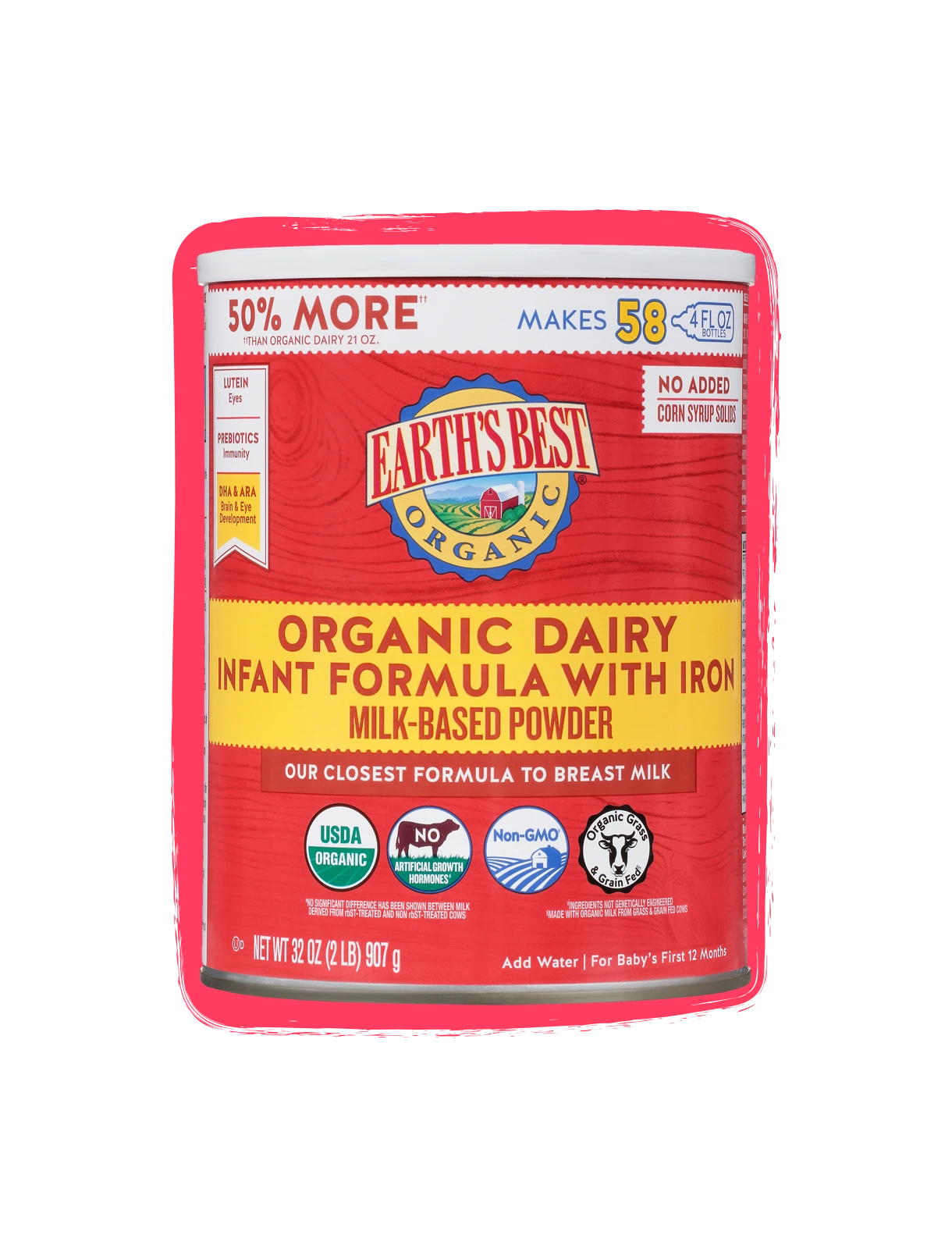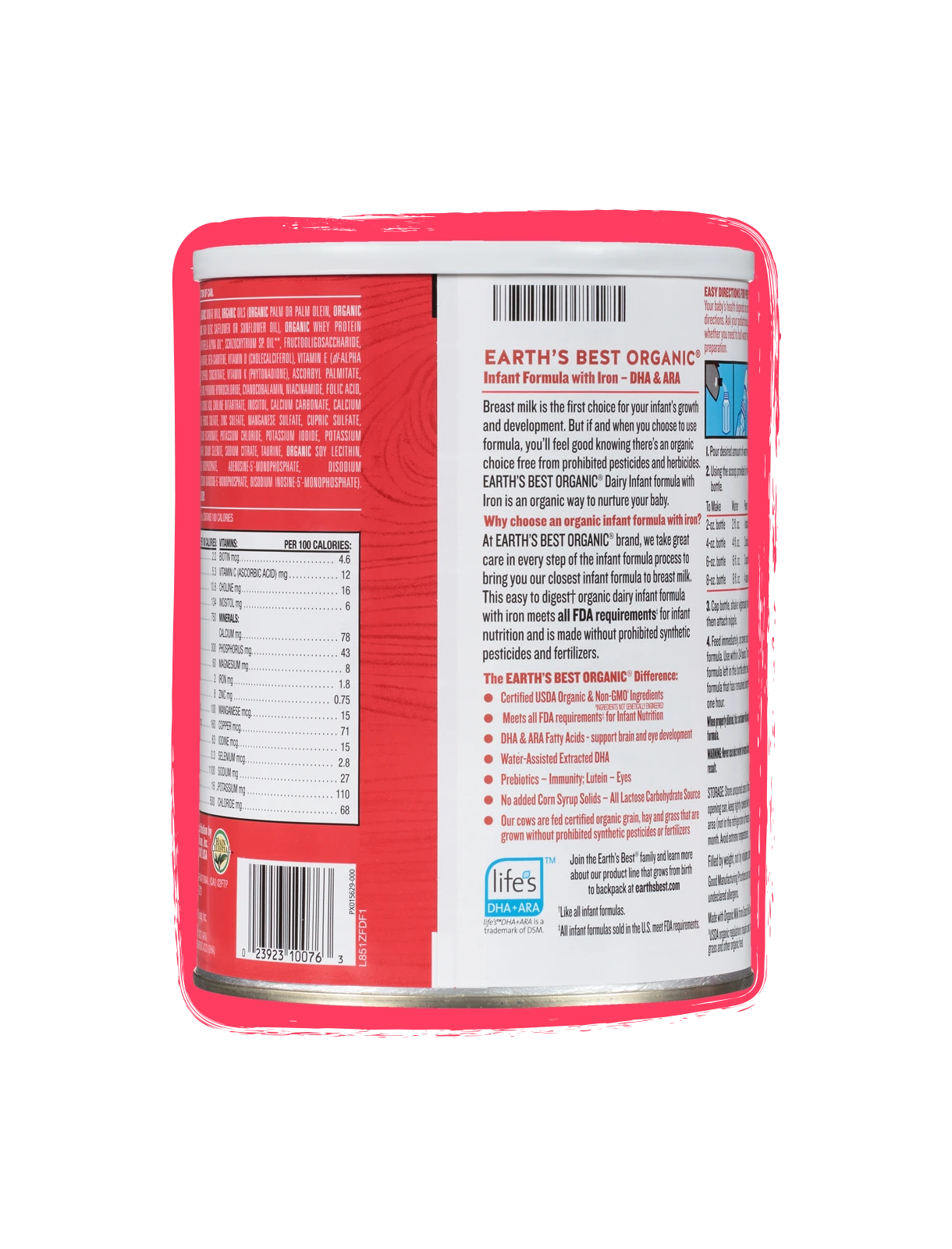6 Best Formulas to Mix With Breast Milk: Nature Knows Best
New parents stressed about breastfeeding? Don't sweat it! Learn how combining breast milk and formula can be a happy solution for both mom and baby
Updated July 25, 2024

Being a new parent is a whirlwind. You're bombarded with information, and everyone seems to have an opinion, especially on breastfeeding. "Breast is best," they say. And it's true—breast milk offers incredible benefits for both mom and baby. But what if "best" isn't always achievable?
Here's the thing—a fed baby is a happy baby. There's no shame in supplementing with formula. Combining breast milk and formula, also known as mixed feeding, can be a fantastic solution.
» Thinking about mixed feeding? Check out Else Nutrition's organic toddler formula
Our Pick: 6 Best Formulas for Mixed Feeding
- Best Organic Toddler Formula: Else Nutrition Plant-Based Complete Nutrition Formula
- Best Formula for Sensitive Stomachs: Happy Baby®️ Organics Organic Infant Formula, Stage 1 Sensitive
- Best Hypoallergenic Formula: Abbott Hypoallergenic EleCare
- Best Formula for Immune Support: Bellamy’s Organic Step 1 Infant Formula
- Best Budget-Friendly Formula: Bubs Organic Grass Fed Infant Formula Stage 1
- Best Formula for Brain Development: Earth’s Best Organic Dairy Infant Formula
» Follow these tips for a gentle transition from breastfeeding
Why Supplement Breast Milk with Formula?
Studies show that combining breast milk with formula can positively impact a baby's health. They receive the benefits of breast milk alongside the additional nutrients the formula provides, which can contribute to healthy weight gain, improved immune function, and proper development.
Here are some common reasons parents may choose to supplement with formula:
- Low Milk Supply: Sometimes, a mother may not produce enough breast milk to meet her baby's needs. This can be due to various factors, such as delayed milk, medical conditions, or hormonal imbalances.
- Supplementing for Growth: Some babies, especially those experiencing rapid growth spurts, may require additional calories or nutrients beyond what breast milk alone can provide.
- Medical Reasons: A healthcare professional may recommend supplementing for medical reasons. This could be due to maternal health issues making breastfeeding difficult or unsafe or the baby having difficulties latching or sucking effectively.
- Shared Feeding: If a mother needs to return to work or travel, she may express breast milk and combine it with formula to ensure her baby receives adequate nutrition while she's away.
- Flexibility and Convenience: Combining breast milk with formula can offer mothers more flexibility in their schedules and activities. Sharing feeding responsibilities with partners or caregivers also becomes easier.
- Addressing Sensitivities: Some babies may be sensitive to specific breast milk components. Specialized formulas can address lactose intolerance or protein allergies.
» Learn why plant-based formula helps your baby’s digestive system
6 Best Formulas to Mix With Breast Milk
Choosing the Right Formula
When selecting a formula to mix with breast milk, consider these essential factors:
- Nutritional Content: Look for a formula that closely mimics breast milk, with the proper balance of protein, carbohydrates, fats, vitamins, and minerals. Most formulas are well-balanced, but the source of these nutrients can vary.
- Easy Digestion: Some babies may have sensitivities to specific protein sources or carbohydrate types. Formulas with different protein sources and carbohydrate blends are available for easier digestion.
- Added Benefits: Some formulas include prebiotics, probiotics, ARA (arachidonic acid), and DHA (docosahexaenoic acid), all found in breast milk. These can further support your baby's development.
- Allergy Considerations: If your baby has a suspected allergy, for example, cow's milk protein or soy, choose a hypoallergenic formula specifically formulated for these sensitivities.
- Accessibility: Opt for a readily available formula you can consistently access. If you can’t get the formula, none of these factors matter.
» Discover our expert tips for finding the right formula for your baby
Signs of a Mixed Feeding Intolerance
While mixed feeding can be an excellent option for many families, it's essential to be aware of signs that your baby might not tolerate it well. Here are some key things to watch for:
- Digestive Discomfort: Frequent loose stools, a sign of diarrhea, can be a significant indicator. Occasional spit-up is normal, but persistent or forceful vomiting after feeds requires a doctor's evaluation. Excessive gas or bloating can also cause discomfort and fussiness for your baby.
- Feeding Difficulties: If your baby struggles to latch after bottle feeds, it might suggest difficulty switching between breast and bottle. Additionally, a noticeable decrease in the amount your baby consumes during feeds could indicate discomfort.
- Weight Gain Issues: Pay close attention to your baby's weight gain. If it slows down significantly after starting mixed feeding, consult your pediatrician. Weight loss is a more serious concern and requires immediate medical attention.
If you notice any of these signs, especially weight loss or forceful vomiting, consult your pediatrician immediately.
» Discover the signs that indicate feeding issues in your baby
Your Journey, Your Choice
Remember, a happy and nourished baby is a thriving baby. Don't feel pressured to fit into a one-size-fits-all mold. Talk to your pediatrician about your concerns and explore your options. Combination feeding might be the perfect solution to keep you and your baby healthy and happy.
» For a natural mixed feeding, try Else Nutrition Plant-Based Formula
Else Nutrition offers a clean-label, plant-based formula with whole-food ingredients like buckwheat, almonds, and tapioca. This can be an excellent option for parents looking for an alternative to dairy-based formulas or those concerned about potential allergies.
The content and advice provided in this article are for informational purposes only and are not a substitute for medical diagnosis, treatment, or advice for specific medical conditions.
Always consult a pediatrician to understand your child's needs. The article expresses the views of the article's editor.







